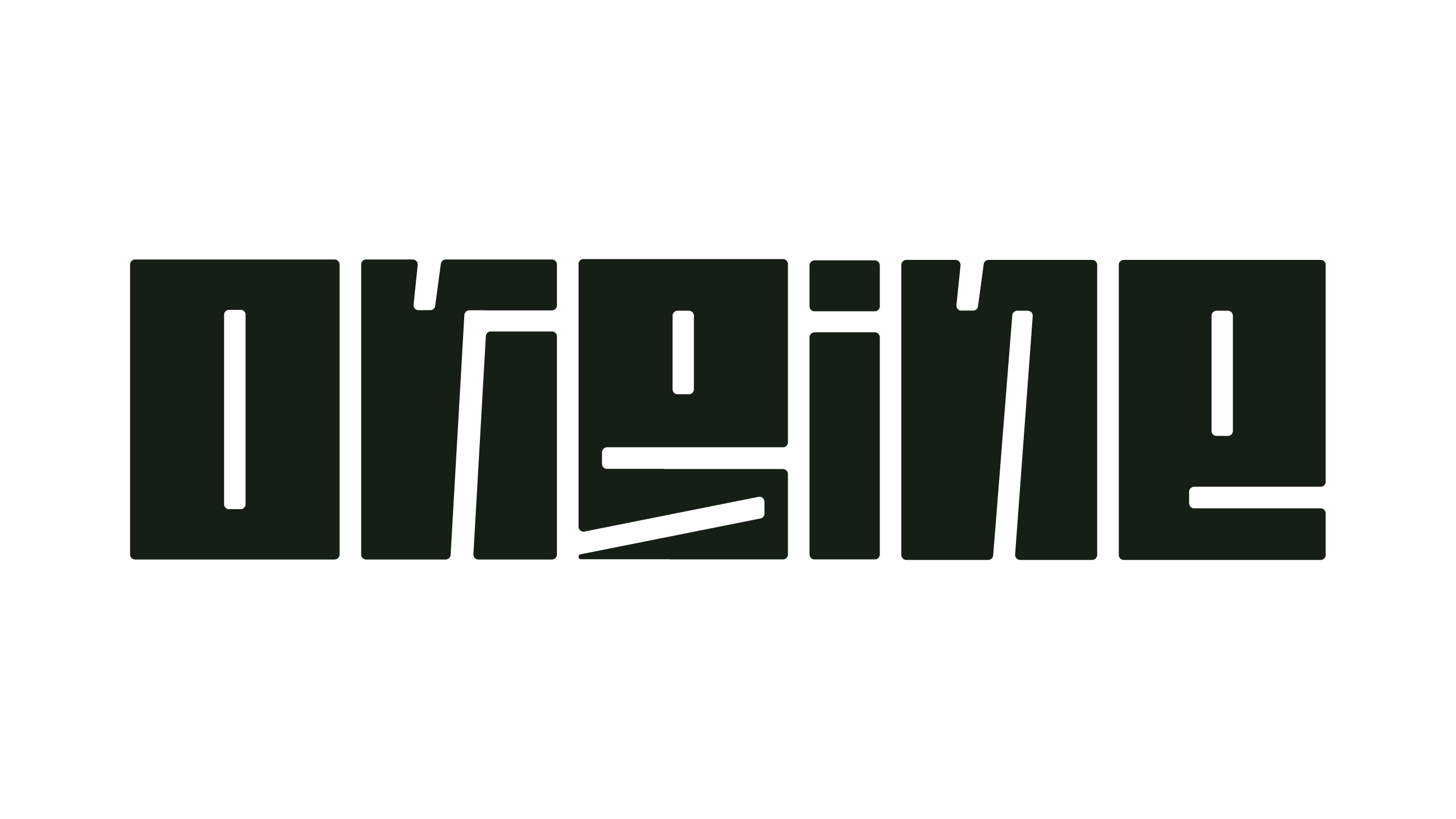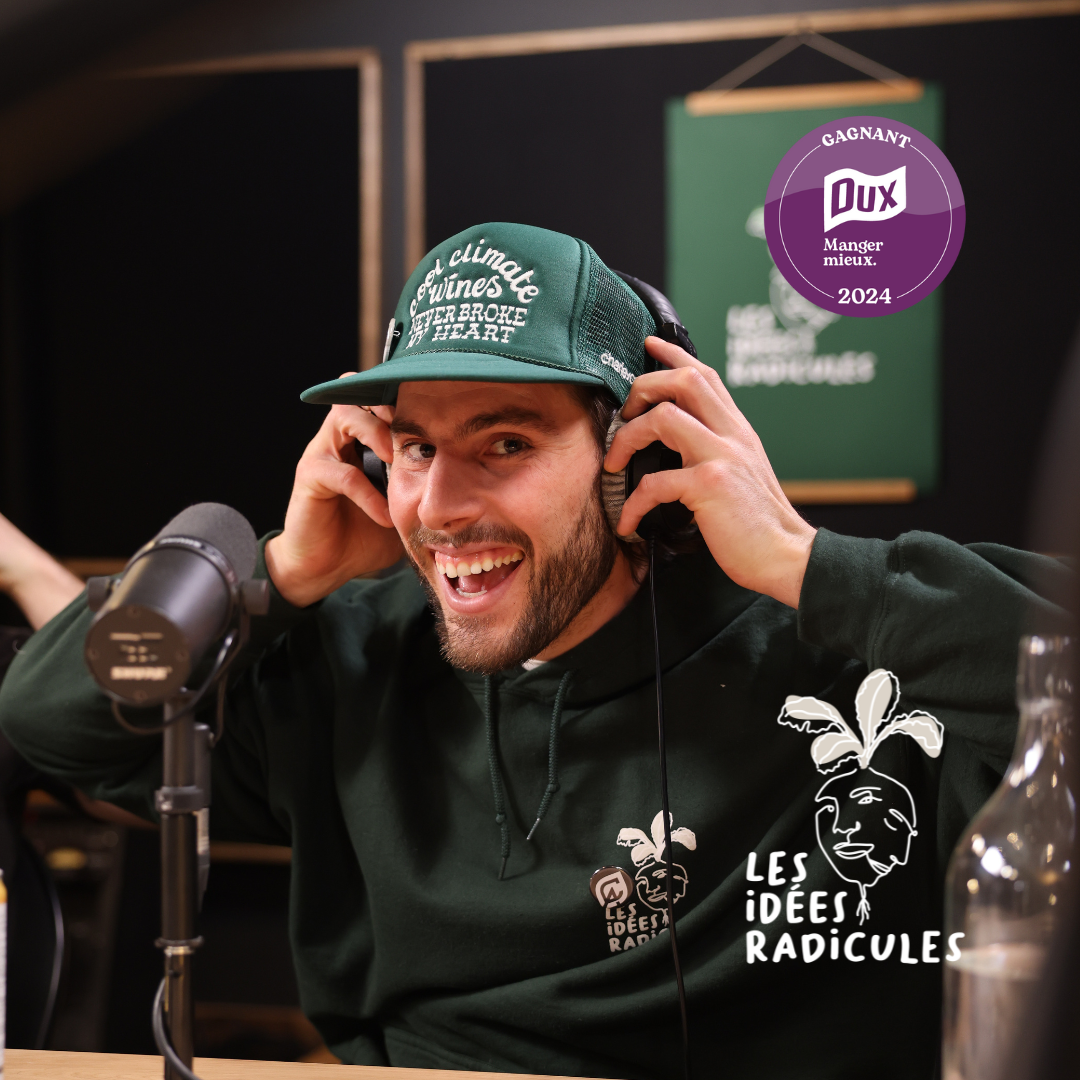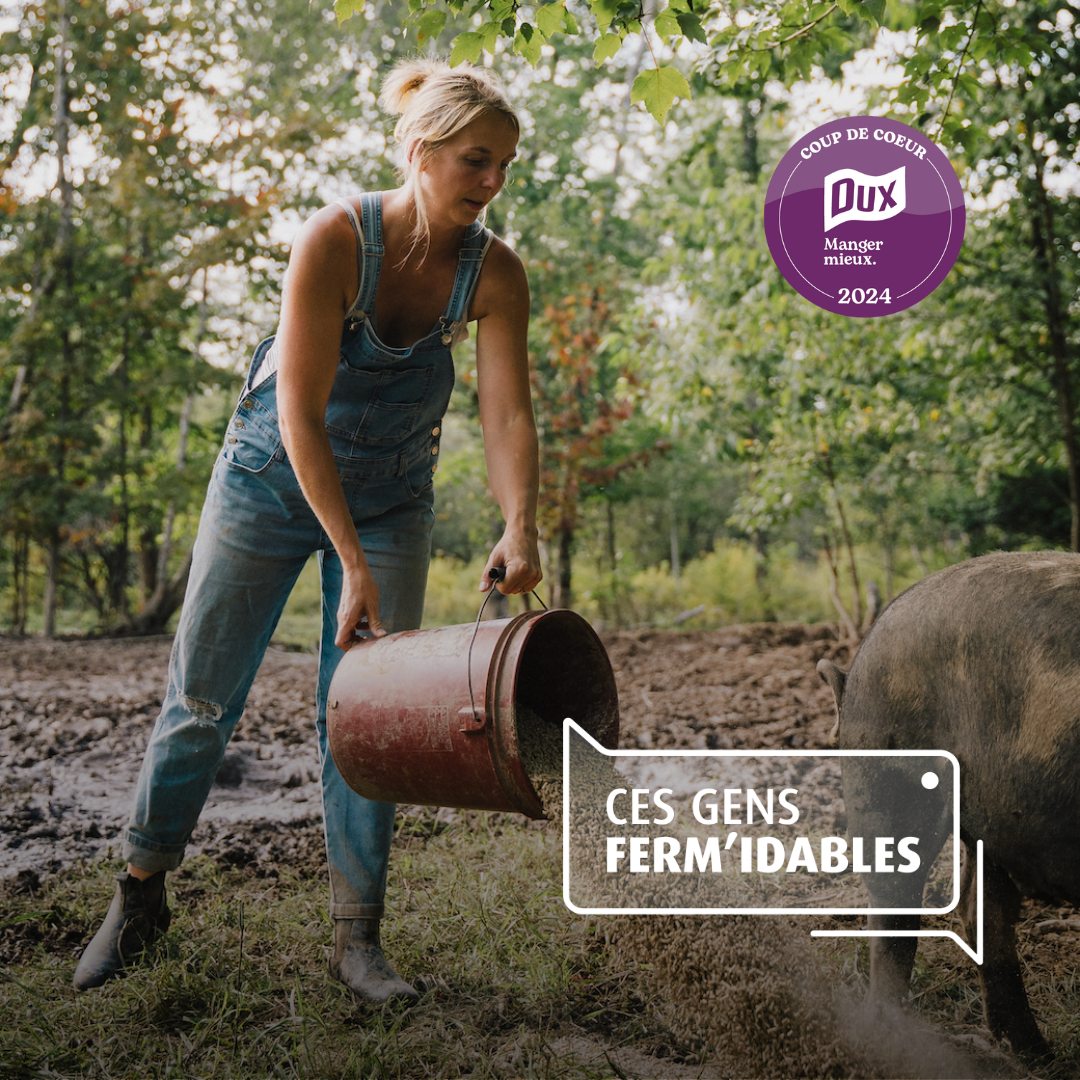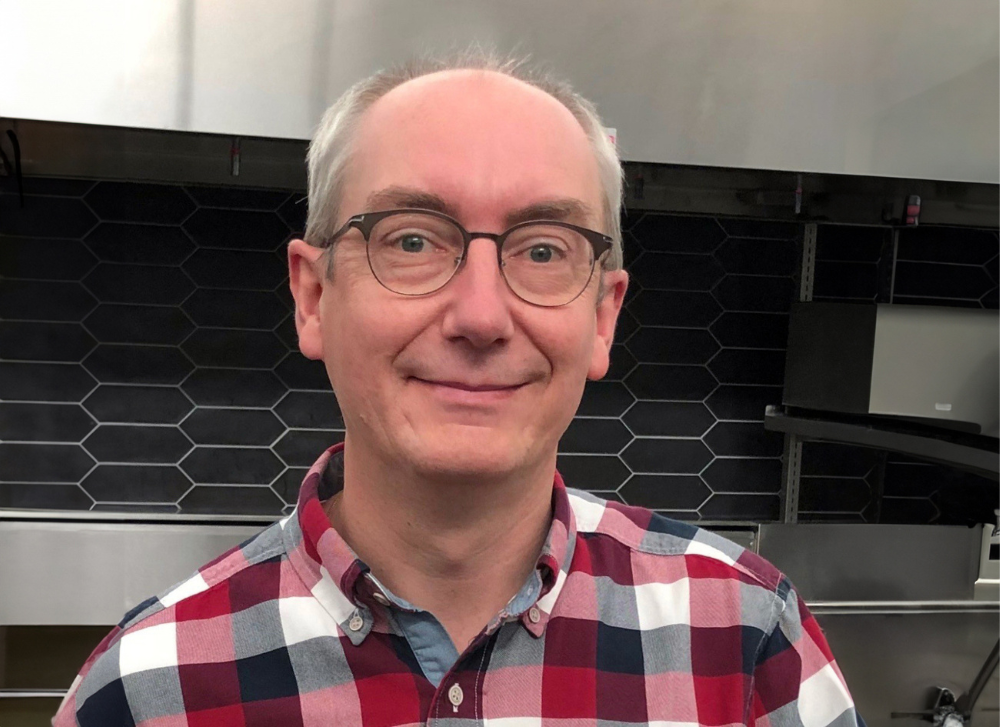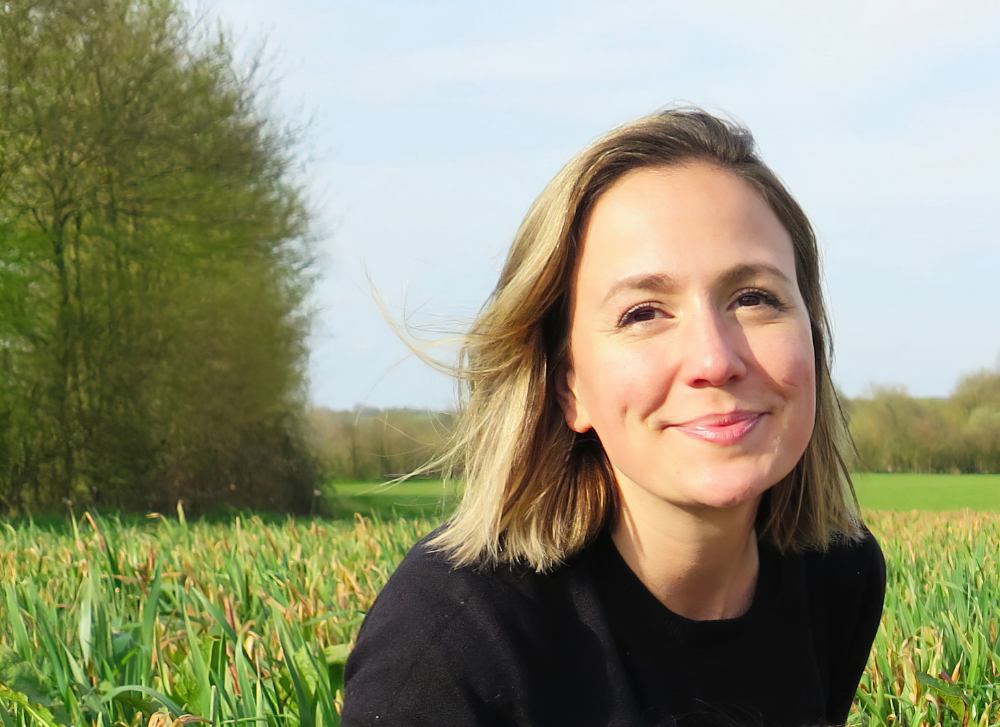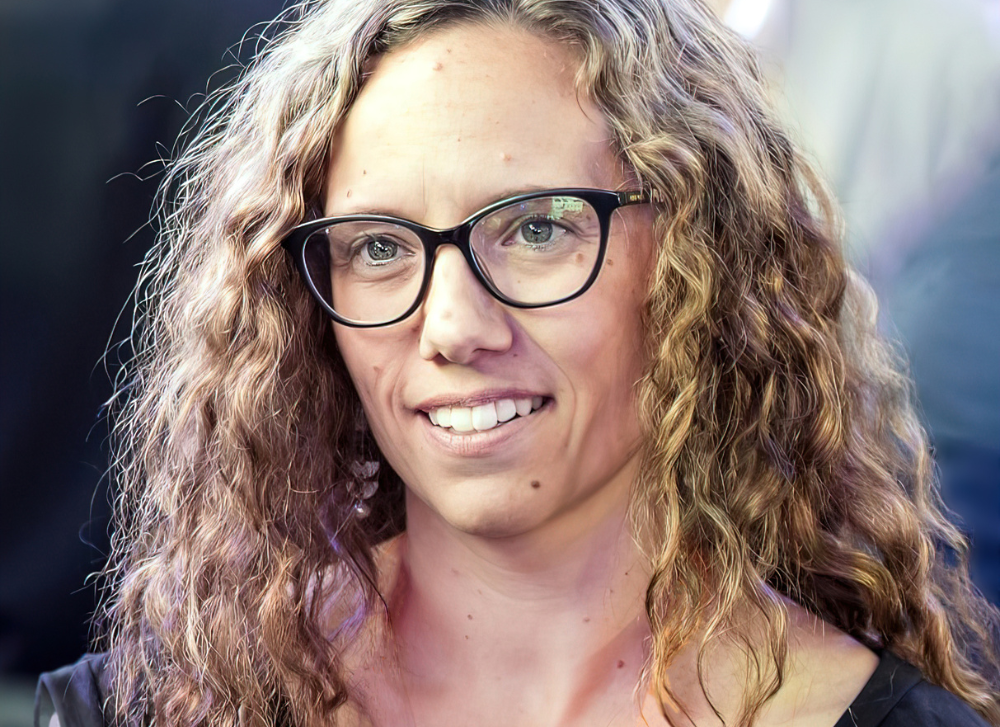The art of making choux pastry
Humanity has not dreamed of transforming raw materials to enrich them, treat illnesses and prolong life. More than 2,000 years ago, Chinese alchemists already claimed to know how to convert lead into gold. However, it would be necessary to wait until the 18th century before all these “magicians” were transmuted into charlatans. Fortunately, today, real scientists have replaced the smokers.
As an example, the Institute on Nutrition and Functional Foods (INAF) founded at Laval University at the beginning of the millennium, constitutes the largest group of researchers in Canada. There are nearly 775 scientists dedicated to research, innovation and the valorization of bioresources in the field of sustainable food and improved health.
Ronan Corcuff has held the position of coordinator of the activities of the innovation support service since 2017. With six other people from Laval University, he orchestrates advances in processes, regulations and impacts on nutritional quality in the food processing industry. His department ensures that it maximizes the impact of the knowledge that emanates from the research work of more than 130 scientists from 15 universities and affiliated research organizations. It is also his responsibility to transfer this new knowledge to INAF partners and to recommend to them the most appropriate solutions to the problems they have raised.
These partners are sometimes private food processors, agroprocessors who want INAF to help them develop distinctive products and make the most of the properties and qualities of their raw materials. The Institute also works a lot with start-up clients. Let's think, for example, of food incubators like Mycélium, at the agricultural training camp in the Capitale-Nationale where we train people in agricultural production and research in organic market gardening. In total, every year, Ronan and his colleagues juggle around forty projects.
30 years ago, with his studies in agronomy in France, Ronan had the opportunity to do an internship at Laval University. It was in Quebec that he chose to pursue a master's degree in food science and technology.
In addition to developing knowledge and skills in their processing, he took charge of research laboratories on the theme of preserving fresh fruits and vegetables. The objective? Improve its quality in the long term and enhance its composition. Ditto when he tackled the composition of fatty acids and the properties that distinguish vegetable oils.
“We are even working on the taste of the food. We see this a lot in the berry sector. We have a researcher who develops tools and methods to characterize sensory aspects. This allows us to identify defects in a product and correct them to satisfy consumer preferences. »
In terms of sustainable food , INAF is also concerned with the problem of transport and food autonomy. “One of our priorities explains Ronan Corcuff, it is the development of Quebec’s agricultural resources. This is a big challenge, because our territory does not have sufficient resources to carry out diversified and large-scale production. »
Added to all this is the question of waste and the transmission of good practices intended for the general public. Even food fraud is treated by INAF researchers.
With so many challenges, we understand that it is essential to train highly qualified personnel. It is therefore not surprising to learn that Ronan has long supervised students at the master's and doctoral level. To successfully carry out such an undertaking, one thing is certain. No more than he has a round hat, this original Breton has never had the habit of cutting corners!
